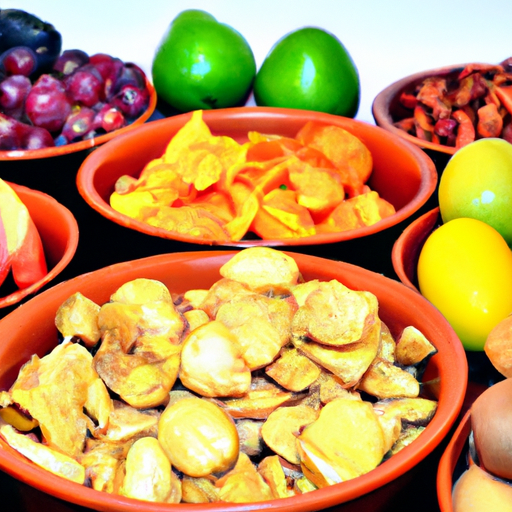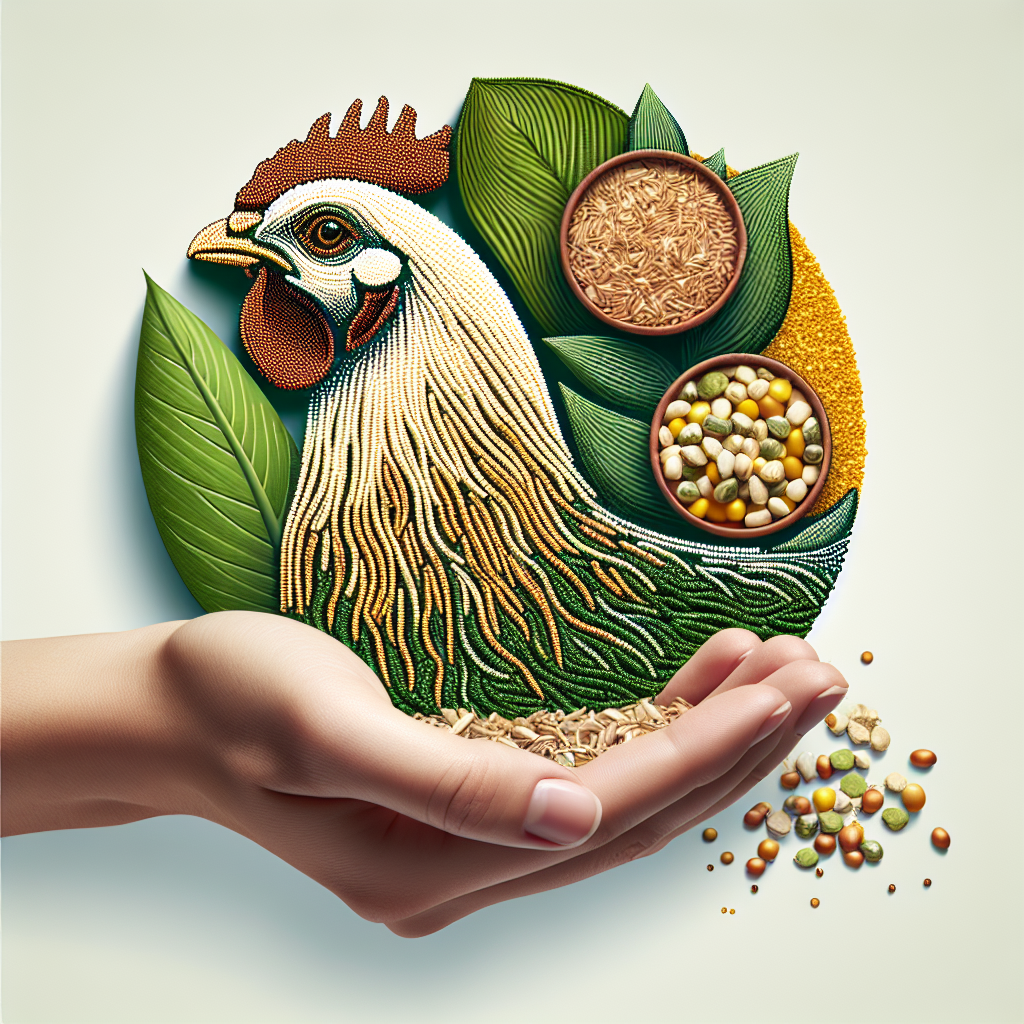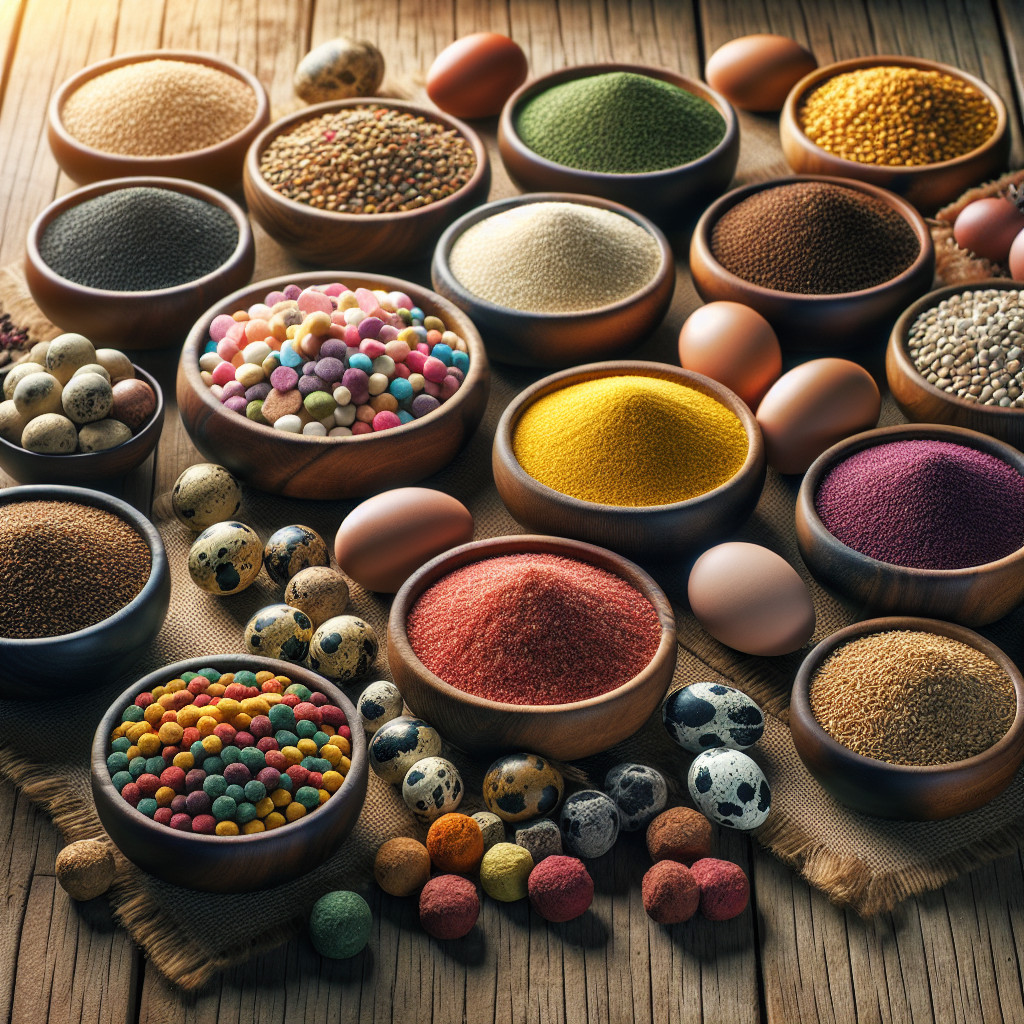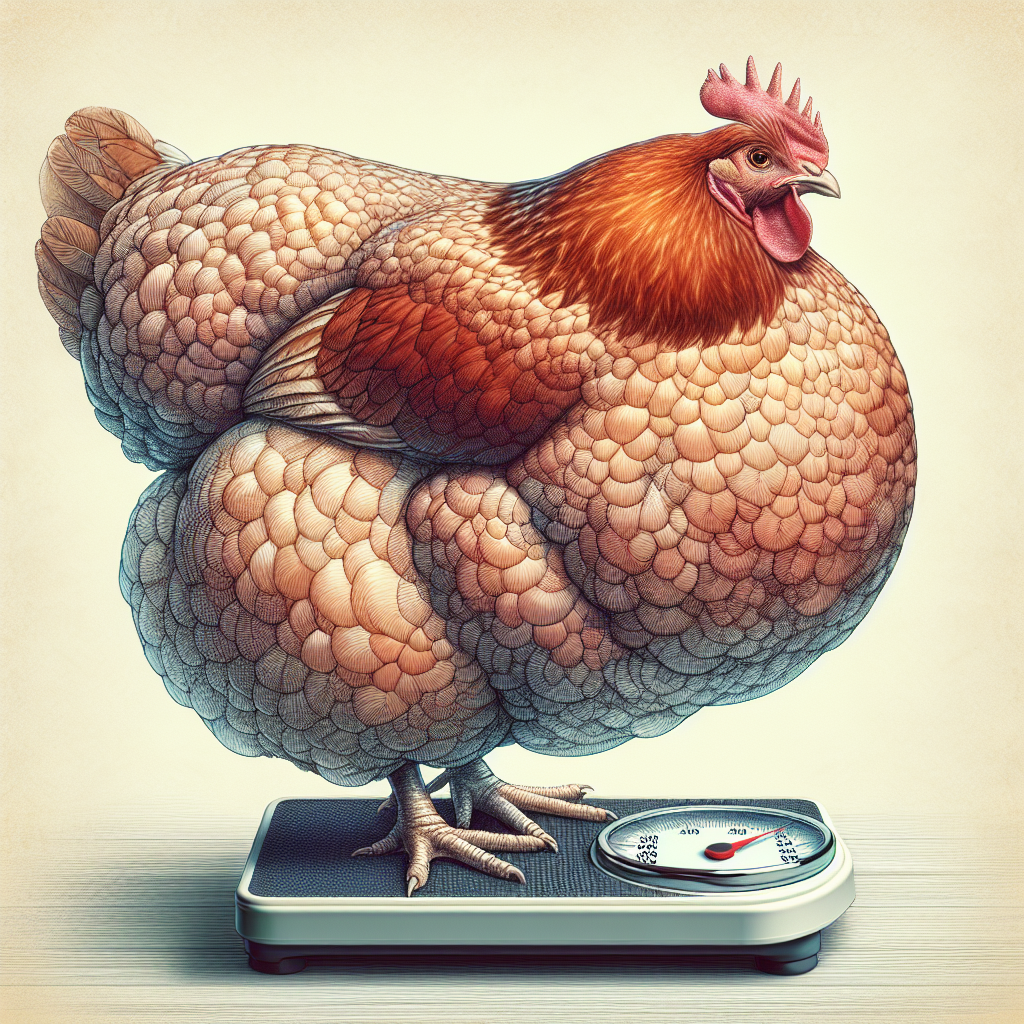If you’re a backyard poultry enthusiast, you must have pondered upon the question: “What kitchen scraps are safe to feed my chickens?” With the increasing popularity of raising chickens in urban areas, providing the right diet becomes crucial for their wellbeing. While it may seem tempting to throw any leftovers their way, it is essential to understand which kitchen scraps are safe and beneficial for your feathered friends. In this article, we will take a closer look at some of the kitchen scraps that you can confidently share with your flock, ensuring both their health and happiness.
1. Fruits and Vegetables
1.1. Safe Fruits for Chickens
When it comes to feeding your chickens fruits, there are several safe options that they will enjoy. Fruits such as apples, pears, and berries are all great choices. Be sure to cut the fruits into small, bite-sized pieces to make it easier for your chickens to eat. Additionally, fruits like watermelon and cantaloupe can be given to chickens, but make sure to remove the seeds before feeding them.
1.2. Safe Vegetables for Chickens
Feeding your chickens vegetables is a great way to provide them with essential nutrients. Leafy greens like spinach, kale, and lettuce are not only safe for chickens to consume, but they are also highly beneficial for their health. Other safe vegetables for chickens include cucumbers, zucchini, and bell peppers. Remember to chop the vegetables into smaller pieces to prevent any choking hazards.
2. Grains
2.1. Safe Grains for Chickens
Grains are an important part of a chicken’s diet, providing them with carbohydrates for energy. Safe grains for chickens include corn, oats, and wheat. These grains can be offered to chickens in their whole form or as part of a balanced feed. Chickens also enjoy munching on cooked rice and pasta, which can be served as an occasional treat.
2.2. Unhealthy Grains for Chickens
While there are many safe grains for chickens, it’s important to avoid feeding them certain grains that can be harmful to their health. Grains such as avocados, raw beans, and uncooked rice contain substances that are toxic to chickens and should never be fed to them. Always ensure that the grains you offer to your chickens are safe and appropriate for their consumption.
3. Protein Sources
3.1. Safe Protein Sources for Chickens
Protein is necessary for chickens to grow and maintain their health. Safe protein sources for chickens include cooked eggs, fish, and poultry. It’s best to offer these protein sources in small amounts and cooked thoroughly to prevent any risk of salmonella. Additionally, mealworms, crickets, and earthworms are excellent sources of protein that chickens naturally enjoy.
3.2. Alarming Protein Sources for Chickens
While there are safe protein sources for chickens, it’s important to remember that not all protein-rich foods are suitable for them. Avoid feeding your chickens raw or undercooked meat, as it can lead to bacterial infections. Toxic or spoiled meat should also be kept away from your chickens. Be cautious and only provide safe and appropriate protein sources to ensure their well-being.
4. Dairy Products
4.1. Safe Dairy Products for Chickens
Dairy products can be a nutritious addition to a chicken’s diet. Safe dairy products for chickens include plain yogurt and cheese. These products provide calcium and protein, which are essential for their overall health. You can offer small amounts of yogurt as a treat or mix it with their regular feed to enhance their diet. Cheese can be given in small pieces as a special snack.
4.2. Unsafe Dairy Products for Chickens
While some dairy products are safe for chickens, others can be harmful. It’s important to avoid feeding chickens milk or any dairy product that contains lactose. Chickens lack the necessary enzymes to properly digest lactose, which can lead to digestive issues and discomfort. Stick to safe options like yogurt and cheese to ensure the well-being of your chickens.
5. Breads and Pastries
5.1. Safe Breads for Chickens
Bread and pastries can be given to chickens in moderation as a source of carbohydrates. Safe bread options for chickens include whole wheat bread, oatmeal bread, or any bread that does not contain excessive sugar or additives. It’s best to tear the bread into smaller pieces to make it easier for chickens to eat. Avoid giving them moldy or stale bread, as it can be harmful to their health.
5.2. Harmful Breads for Chickens
While most bread can be safely consumed by chickens, there are some types that should be avoided. Bread that contains large amounts of sugar, artificial sweeteners, or high levels of sodium can negatively affect their health. Additionally, moldy bread should never be fed to chickens as it can cause digestive issues and other health problems. Stick to feeding them safe bread options to keep them healthy and happy.
6. Cooked Leftovers
6.1. Safe Cooked Leftovers for Chickens
Chickens can enjoy certain cooked leftovers from your kitchen, but it’s important to know which ones are safe for them. Cooked vegetables, grains, and meats can be given to chickens as long as they are free from excessive seasoning or spices. Leftover cooked rice, pasta, and even cooked potatoes can be offered as treats, but remember to avoid leftovers that are high in salt, sugar, or unhealthy fats.
6.2. Harmful Cooked Leftovers for Chickens
While some cooked leftovers are safe for chickens, others can pose a risk to their health. Avoid feeding them cooked bones, as they can splinter and cause injury or choking hazards. It’s also important to keep away from cooked leftovers that contain toxic ingredients for chickens, such as onions, garlic, or foods seasoned with high levels of salt or spices. Always prioritize their well-being when offering cooked leftovers.
7. Herbs and Spices
7.1. Beneficial Herbs and Spices for Chickens
Certain herbs and spices can offer health benefits and add variety to a chicken’s diet. Safe herbs and spices for chickens include parsley, oregano, basil, and thyme. These herbs are known for their antibacterial properties and can help boost their immune system. Sprinkle some of these herbs in their feed or let them peck at fresh herb plants to incorporate these natural supplements into their diet.
7.2. Toxic Herbs and Spices for Chickens
While some herbs and spices are safe and beneficial for chickens, others can be toxic and should be avoided. Toxic herbs and spices for chickens include garlic, onion, and any members of the nightshade family, such as tomatoes, potatoes, or eggplants. These substances can be harmful to chickens and affect their health negatively. Stick to safe herbs and spices to keep them healthy and thriving.
8. Nuts and Seeds
8.1. Safe Nuts for Chickens
Offering nuts to chickens can provide them with healthy fats and additional nutrients. Safe nuts for chickens include peanuts, almonds (without the shell), and cashews. Nuts can be given as occasional treats or mixed with their regular feed to add variety to their diet. Remember to offer nuts in moderation, as excessive consumption can lead to weight gain in chickens.
8.2. Unsafe Nuts for Chickens
While some nuts are safe for chickens, others can be harmful to their health. Avoid feeding chickens any nuts that are salted, seasoned, or contain additives. Additionally, nuts like macadamia nuts should be avoided, as they can be toxic to chickens. Stick to safe nut options and consider crushing or chopping the nuts into smaller pieces to prevent any choking hazards.
8.3. Safe Seeds for Chickens
Seeds can be a nutritious and enjoyable treat for chickens. Safe seed options for chickens include sunflower seeds, pumpkin seeds, and flaxseeds. These seeds are rich in protein, vitamins, and minerals, providing additional nutritional benefits for your flock. Offer seeds in moderation to prevent overconsumption and store them in a cool, dry place to maintain their freshness.
8.4. Dangerous Seeds for Chickens
While many seeds are safe for chickens, there are certain seeds that can be dangerous or toxic to their health. Avoid feeding chickens apple seeds, cherry pits, or any seeds from fruits that contain cyanide. Additionally, moldy or spoiled seeds should never be given to chickens as they can lead to digestive issues and other health problems. Always prioritize their well-being by offering safe and healthy seed options.
9. Coffee Grounds and Tea Bags
9.1. Coffee Grounds for Chickens
Coffee grounds can be used as a natural fertilizer for your garden, but can they be safely consumed by chickens? While there is some debate on this topic, it’s generally advised to avoid feeding coffee grounds to chickens. Coffee contains caffeine, which can be harmful to their health and affect their heart rate and behavior. It’s best to err on the side of caution and keep coffee grounds away from your chickens.
9.2. Tea Bags for Chickens
While tea bags may seem harmless, it’s important to be cautious when offering them to your chickens. Some herbal teas, such as chamomile or peppermint tea, can be beneficial for chickens and help soothe their digestive system. However, it’s crucial to avoid giving them any tea bags that contain caffeine or additional additives. Stick to caffeine-free herbal teas and always check the ingredients before offering them to your flock.
10. Miscellaneous Kitchen Scraps
10.1. Safe Miscellaneous Scraps for Chickens
There are several miscellaneous kitchen scraps that chickens can enjoy safely. Safe kitchen scraps for chickens include cooked plain pasta, vegetable peels (free from toxic substances), and leftover cooked beans or legumes. These scraps can be provided to chickens as occasional treats, but it’s important to avoid offering them excessive amounts, as a balanced diet is still crucial for their overall health.
10.2. Hazardous Miscellaneous Scraps for Chickens
While some kitchen scraps are safe for chickens, others can be hazardous and pose a risk to their health. Avoid feeding chickens any scraps that contain toxic ingredients, such as chocolate, garlic, onions, or foods seasoned with high amounts of salt or spices. Additionally, moldy or spoiled kitchen scraps should never be given to chickens, as they can lead to digestive issues and other health problems. Always prioritize their well-being when offering miscellaneous scraps.
In conclusion, it’s essential to provide a balanced and nutritious diet for your chickens while being aware of what kitchen scraps are safe and suitable for them to consume. By offering safe fruits, vegetables, grains, protein sources, and other kitchen scraps, you can enhance their diet and ensure their overall well-being. Remember to consult with a veterinarian or poultry nutritionist if you have any specific concerns or questions about feeding your chickens. With proper care and attention to their dietary needs, you can keep your chickens healthy, happy, and thriving.




